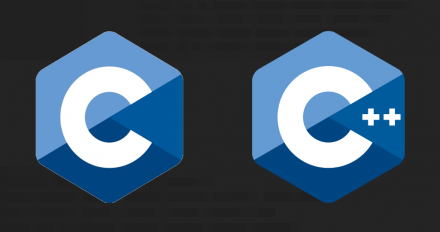
How to categorize C programs by behavior
Could your perfectly running program blow up someday? Learn different types of behavior in the standard and what helps make a correct C or C++ program.

Could your perfectly running program blow up someday? Learn different types of behavior in the standard and what helps make a correct C or C++ program.
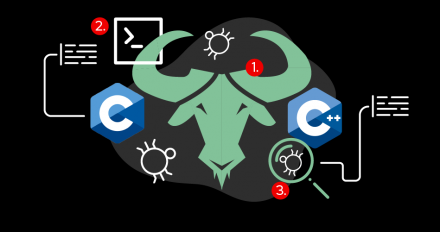
Breakpoints are the most commonly used (and underused) debugging event in a debugger. This article discusses the breakpoint features that GDB offers developers, and shows how to use breakpoints effectively.

Interactions between libraries can cause embarrassing crashes during shutdown, but OpenSSL provides a robust shutdown procedure.
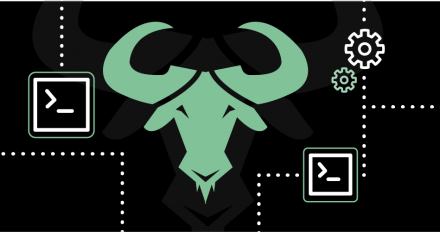
Discover how flexible array members offer convenience and improve performance, and how compiler complexities are mitigated.

Discover the gains and costs of GCC’s enhanced runtime buffer overflow protection. Level 3 _FORTIFY_SOURCE preprocessor macro may detect more buffer overflows, but there’s a cost.
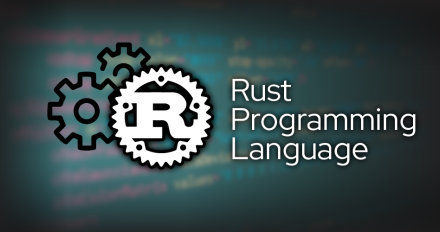
Learn techniques to create a binding to make a library written in Rust accessible to Python programs. (Part 3 of 4)

Learn techniques to create a binding to make a library written in Rust accessible to C programmers. (Part 2 of 4)

Learn how to implement 3 practices for writing Linux system libraries: backward compatibility, event-driven asynchronous programming, and logging. (Part 1 of 4)

Use a Python API for GDB Text User Interface (TUI) to retrieve content from GDB and display the content in a scrolling window.

The GDB Text User Interface (TUI) has a Python API to retrieve content of your choice dynamically from GDB and display it in a custom window.

Online events and regional events held around the world with Red Hat's Developer Advocates.
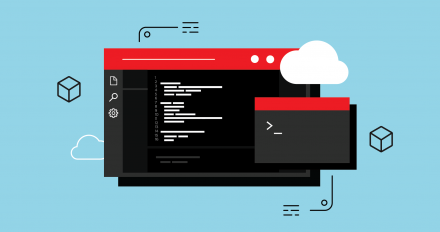
Resources to help you make the most of Red Hat OpenShift Dev Spaces.

This page helps you get started with Red Hat OpenShift Dev Spaces.

Learn the commands that let you move up and down the stack when debugging C and C++ programs.
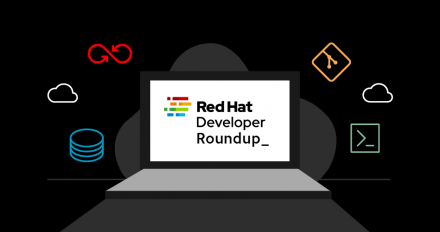
A trip through Red Hat Developer's content for the month, with articles on GCC 12, Java in containers, Red Hat's SSO technology, and much more.
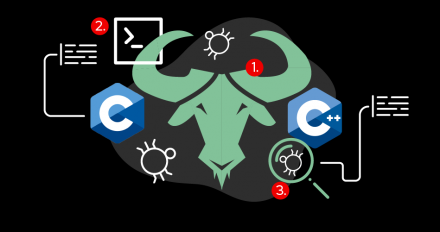
New features and a substantial reduction in false positives bring GCC's static analysis closer to being production-ready for C code.

Many C/C++ programs create their own memory allocators. Valgrind provides special macros for using Memcheck to debug memory under these conditions.
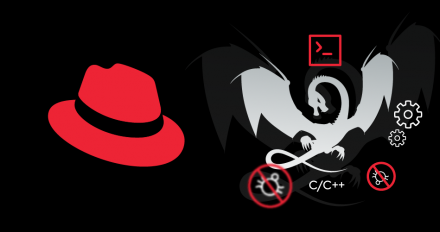
Get started with clang-format, an LLVM tool that you can use to set and maintain a consistent code style in your open source C and C++ projects.

Learn about a code specialization technique that creates a universal, lightweight JIT (Just-in-Time) compiler to generate machine code for the MIR project.

Discover how Red Hat protects GCC 12 code from Trojan Source attacks. Learn how we defend our customers against this recent software vulnerability.

Find out what debugging information is, where it's stored, and how to inspect it. This article is the second of a three-part series about using GNU Debugger.
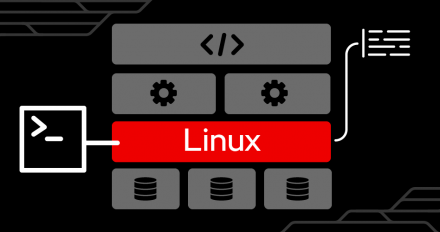
Find out what's new in Libabigail 2.0, including updates to the symbol table reader component, ABIXML format, and moving to the Apache 2 license.

Highlights of December 2021 include two guides for integrating Red Hat OpenShift Streams for Apache Kafka. Read the entire monthly recap for further details.
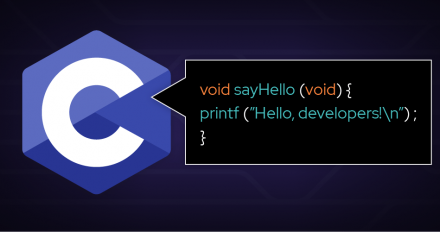
Consolidation of libraries in the GNU C library, glibc, means more error-free builds, but there are consequences for developers and system administrators.

Complete your introduction to using virtual print statements in the GDB debugger with tips for running program functions and automating GDB behavior.